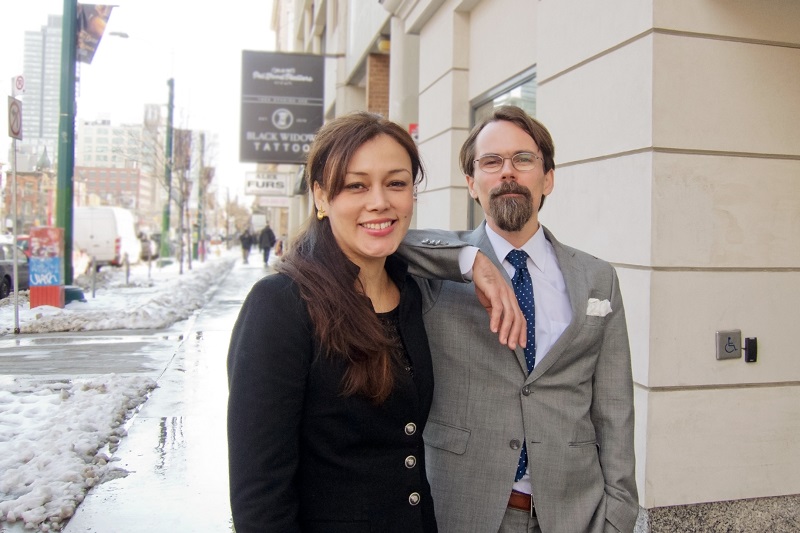Latin America Startups Helped by Toronto Ecosystem
Posted May 2, 2017

LatAm Startups was featured last week in StartUp Here Toronto.
One company helps emerging writers reach an audience. Another helps livestock farmers boost profits. A third livestreams concerts.
What they have in common is that they would not be operating here if not for LatAm Startups, a nonprofit that helps Latin American companies scale globally, via Toronto, while also helping Canadian businesses access a giant overlooked market just south of our southern neighbour.
Miryam Lazarte, CEO of LatAm Startups, saw a lot of unmet potential in the Latin American entrepreneurial community in her time working and living in Colombia, Chile and Uruguay. “We have seen the good, the bad and the ugly,” she jokes.
While the engineers, talented entrepreneurs and innovations are plentiful often as a reaction to political or economic factors it can be challenging to find training, mentorship and investors comfortable funding tech companies.
Canadian businesses, on the other hand, may easily find support, but the market size is limited compared to the potential audience of 625 million people across Latin America, including 200 million consumers within the Pacific Alliance alone. Traditionally, Canadians don’t look past the U.S., but “from a business perspective, you can’t have such a strong attachment to just one market.”
“It’s a win-win for both Canada and Latin America,” explains CTO Jens Porup. “By cooperating, both can benefit. It’s a truly bilateral relationship between equals.”
“Toronto is the best city in the world for most Latin American startups to scale globally,” he says, touting the city’s cultural openness, talent pool and cooperative learning atmosphere. It’s also less expensive than comparable U.S. cities and free of the country’s fraught political climate. Of course, what Toronto benefits by receiving skilled immigrants, job creation and an increased tax base.
“It’s the ideal springboard.”
LatAm Startups, which began in 2014 in Santiago, Chile, holds conferences and training sessions with the intention of raising awareness for Latin American startups and Canadian businesses on how to benefit from each other’s strengths.
This year also sees the launch of a “soft landing program” that brings talented entrepreneurs from across Latin America to Toronto for four months, with a focus on proven early-stage tech companies that are ready to scale. Here they can hire local talent, explore the tech ecosystem, and receive mentorship and funding. If there’s a fit, they’ll grow their business in Toronto.
“Every time we ask for help in mentoring we get a yes,” says Lazarte, describing some of the ways that Seneca College’s HELIX, Ryerson University’s DMZ, and the City of Toronto help support them.
The accelerator accepted just 10 promising startups out of 60 applications. Lazarte and Porup expect they will all find Toronto to be a natural launching pad for more global ambitions.
Lazarte says they look for businesses that are a good fit for the market offering solutions in financial technology, biotech, energy and agricultural technology.
Regions of Latin America have developed areas of expertise, they explain. For example, Mexico is strong in energy and the Internet of things; Colombia specializes in biotech and fintech; Chile and Peru excel in biotech and ICT applications; Brazil in agtech, fintech and energy, and Uruguay and Argentina produce some of the best developers and startups, particularly with regards to fintech.
“The cultural perception of Latin America is 40 years behind the reality on the ground,” explains Porup. “There are bustling metropolises, modern cities, growing infrastructure, a growing middle class, and major business opportunities. And it’s in same time zone almost. Mexico City is closer to Toronto than Vancouver.”
Porup and Lazarte believe they can improve the startup ecosystem in Latin America by holding up Toronto’s collaborative, cooperative network of incubators and accelerators as a model. “The culture is very much supportive,” says Porup. “It’s ‘how can we all win?’ not ‘how can I stab my competitor in the back?’”
Source: StartUp Here Toronto
